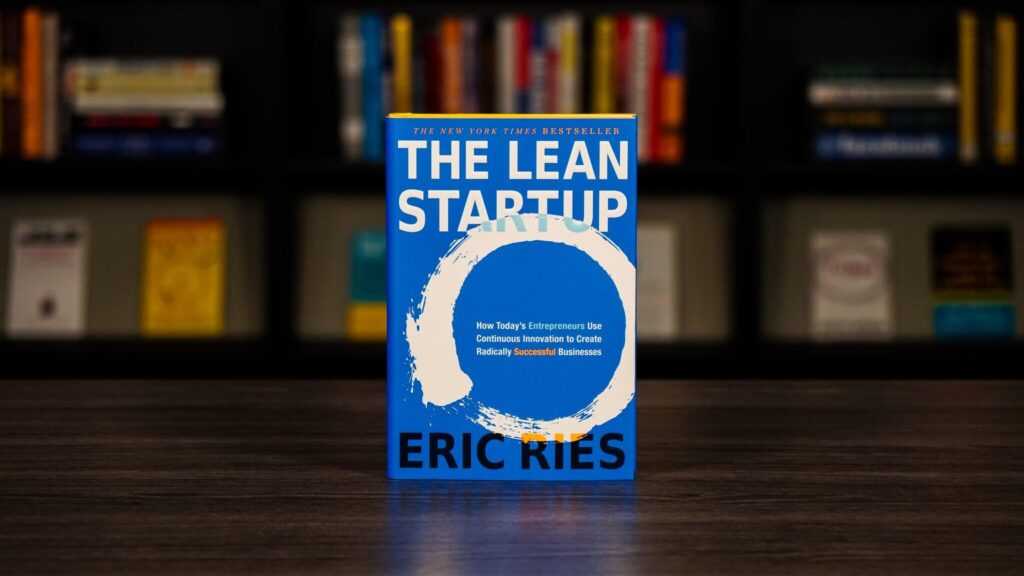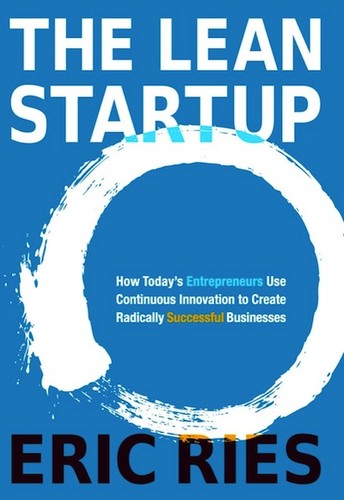
Introduction
The Lean Startup methodology, introduced by Eric Ries in his book “The Lean Startup,” has become a prominent approach for entrepreneurs and startups to build and validate their business ideas. This book review explores the key principles of The Lean Startup and how they can be applied to achieve business success.
Key Takeaways
- The Lean Startup methodology helps entrepreneurs build successful businesses by emphasizing continuous experimentation and validated learning.
Applying Principles of The Lean Startup
The Lean Startup is based on the idea that traditional business planning often leads to failures because assumptions about the market and customer needs are not adequately tested early on. Instead, the methodology encourages entrepreneurs to adopt a scientific approach:
1. Build-Measure-Learn Feedback Loop
The Build-Measure-Learn feedback loop is at the core of The Lean Startup methodology. Instead of spending months or years developing a product before launching it in the market, entrepreneurs should create a Minimum Viable Product (MVP) and gather feedback from early adopters. This feedback then informs further iterations and improvements, ensuring that the product meets the needs of the target audience.
Link: training profits
2. Validated Learning
Validated learning is an essential component of The Lean Startup methodology. It emphasizes the importance of testing assumptions and hypotheses through experiments. By measuring the actual impact of changes made in the product or business model, entrepreneurs can validate their assumptions and make informed decisions based on real data. This iterative feedback loop helps to eliminate waste and guide the business towards success.
3. Pivot or Persevere
The Lean Startup acknowledges that not all initial business ideas will be successful. Instead of sticking rigidly to a failing strategy, entrepreneurs are encouraged to pivot or persevere based on the data they gather. Pivoting involves making fundamental changes to the product, target audience, or business model based on validated learning. This flexibility allows entrepreneurs to adapt quickly to market demands and increase their chances of business success.
Link: creating an online course
Frequently Asked Questions
What is the benefit of following The Lean Startup methodology?
The Lean Startup methodology helps entrepreneurs reduce wasted resources and increase the likelihood of business success. By focusing on continuous experimentation and validated learning, entrepreneurs can make data-driven decisions and adapt their strategies to the ever-changing market.
How can The Lean Startup methodology be applied to different industries?
The Lean Startup methodology can be applied to various industries, from technology startups to established corporations. The key principles can be adapted to any business endeavor, regardless of the specific product or service being offered. The emphasis on experimentation, learning, and flexibility is applicable across industries.
Get Started with The Lean Startup
If you are interested in implementing The Lean Startup methodology and achieve business success, consider reading the book “Training Profits: Sell Courses Online”. This book provides a comprehensive guide on how to apply The Lean Startup principles specifically to online training business.
Link: selling courses online


